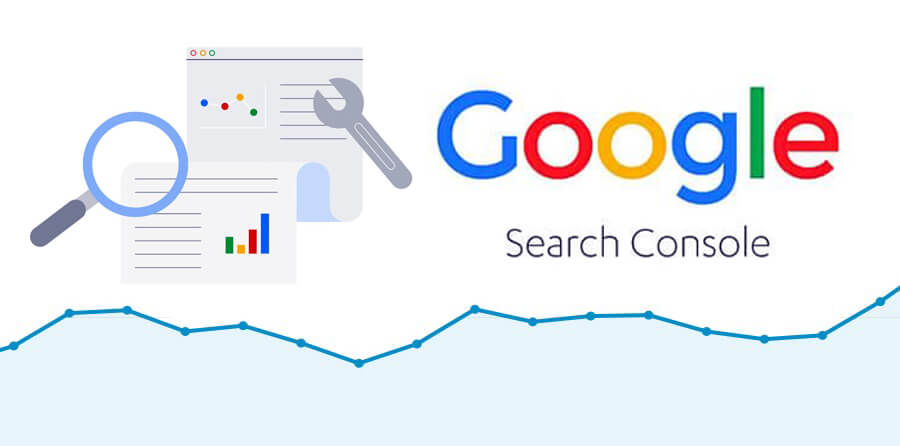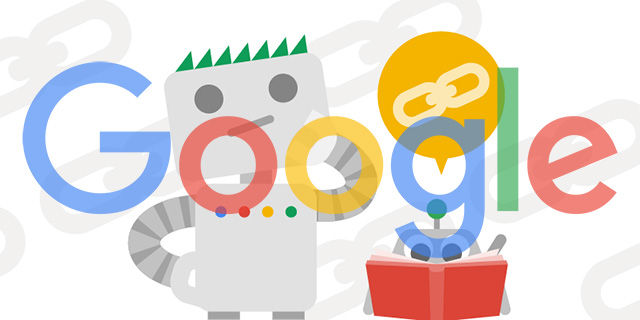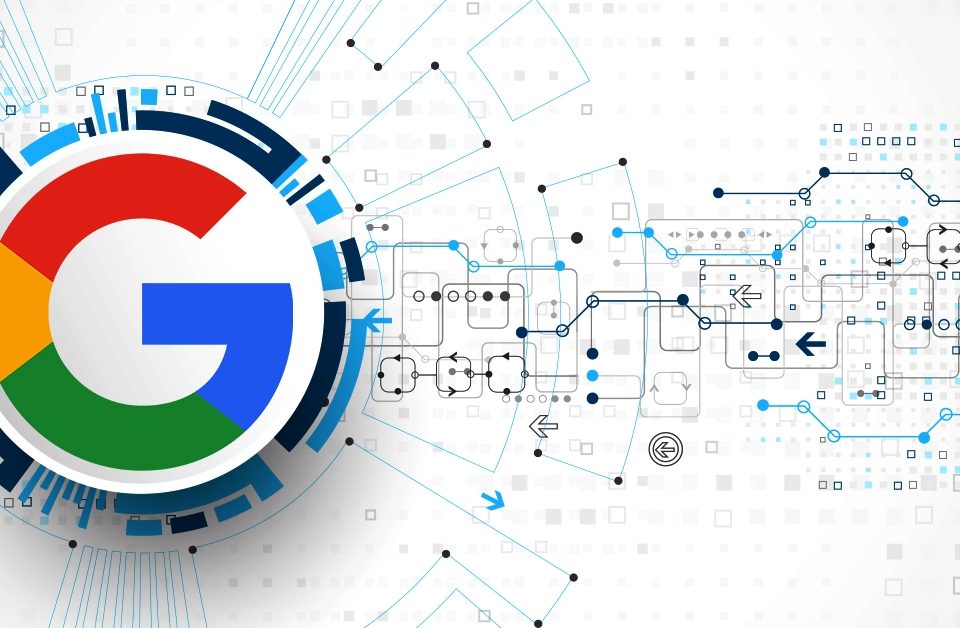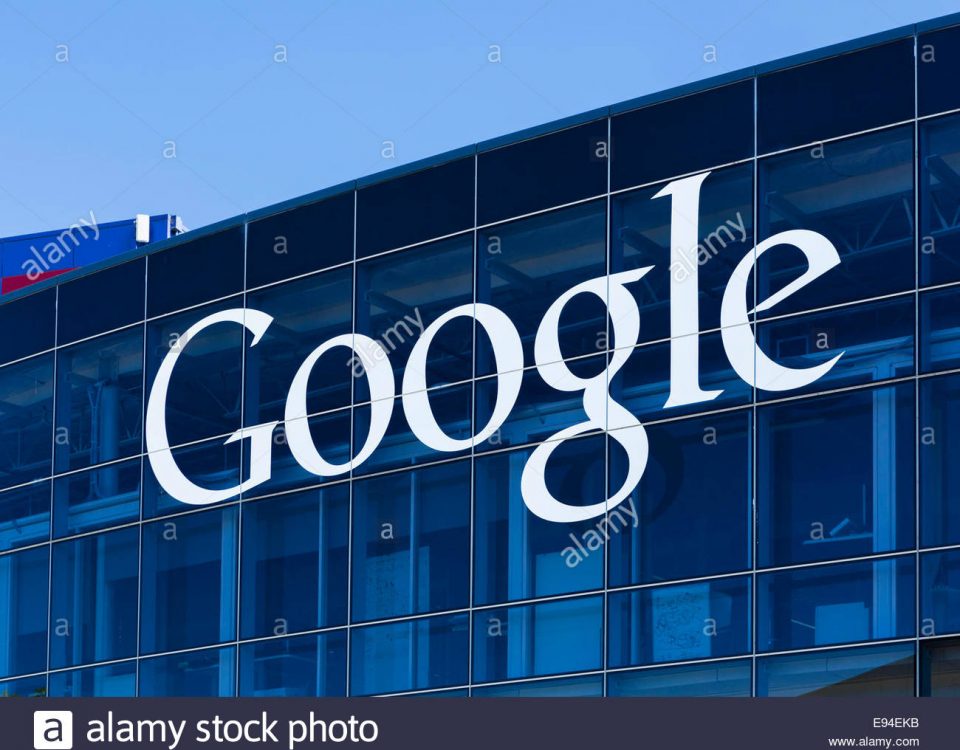Без рубрики
Google is actively addressing a reporting issue in Google Search Console, assuring users that it has no bearing on indexing or ranking.
According to Google, a bug has been identified affecting the reporting functionality within Google Search Console, specifically impacting experience reports such as core web vitals, mobile usability, HTTPS, and AMP. The bug is causing a decrease in the number of valid URLs being accurately reported.
Google’s Response: Google acknowledged the bug in a statement released on X, stating, «The team has been looking into this and is working to resolve it.» While the timeline for resolution remains uncertain, Google is actively working on fixing the issue.
Indexing and Ranking Clarification: Google emphasized that the problem is confined to Search Console reporting and does not extend to indexing or ranking. Website owners and SEO professionals can be reassured that their site’s indexing, crawling, and ranking remain unaffected. The glitch is confined to the reporting aspect of Google Search Console, and Google is committed to resolving it promptly.
Why It Matters: The observed decline in the number of valid URLs reported in various Search Console experience reports has raised concerns among SEO practitioners and site owners. However, it is crucial to understand that this is a reporting bug and not a substantive issue impacting the actual performance or visibility of websites.
In conclusion, this reporting glitch does not influence indexing or ranking and is solely a temporary reporting discrepancy within Google Search Console, which Google is actively addressing. Users can expect a resolution in the near future, and in the meantime, there is no need for undue concern regarding the functionality of their websites in terms of SEO.









